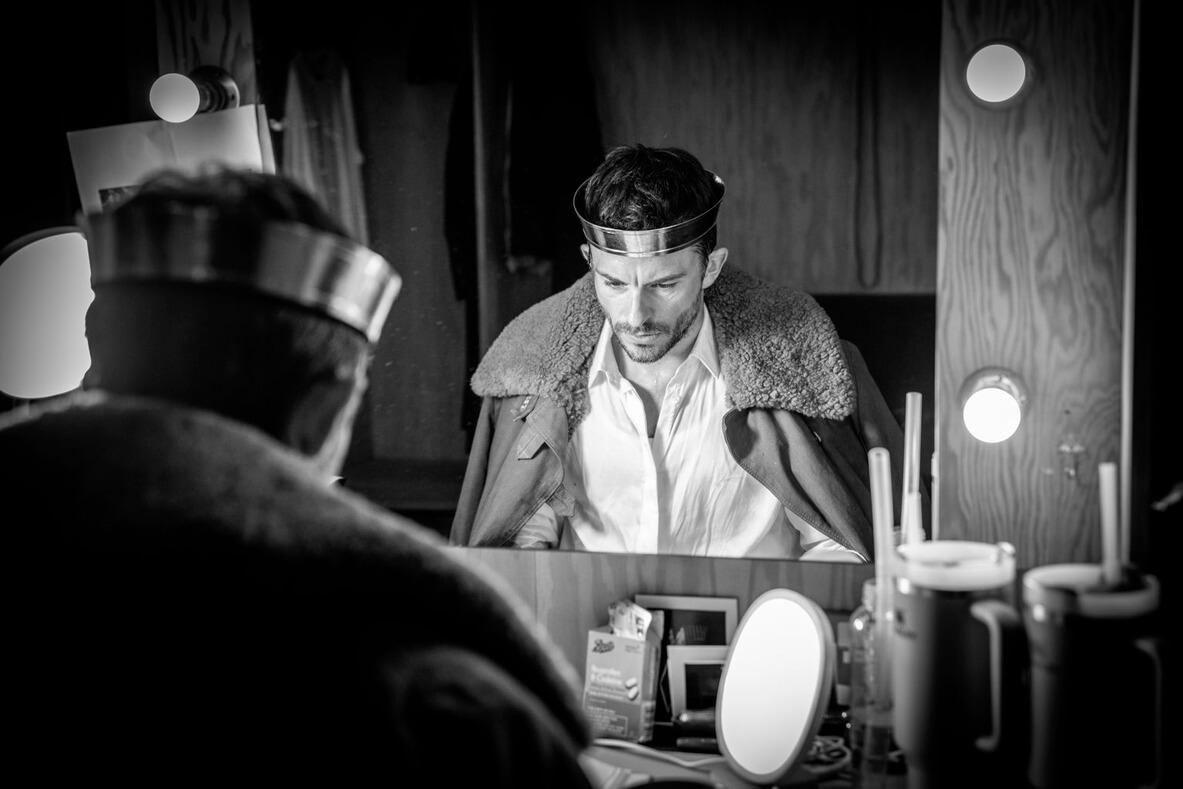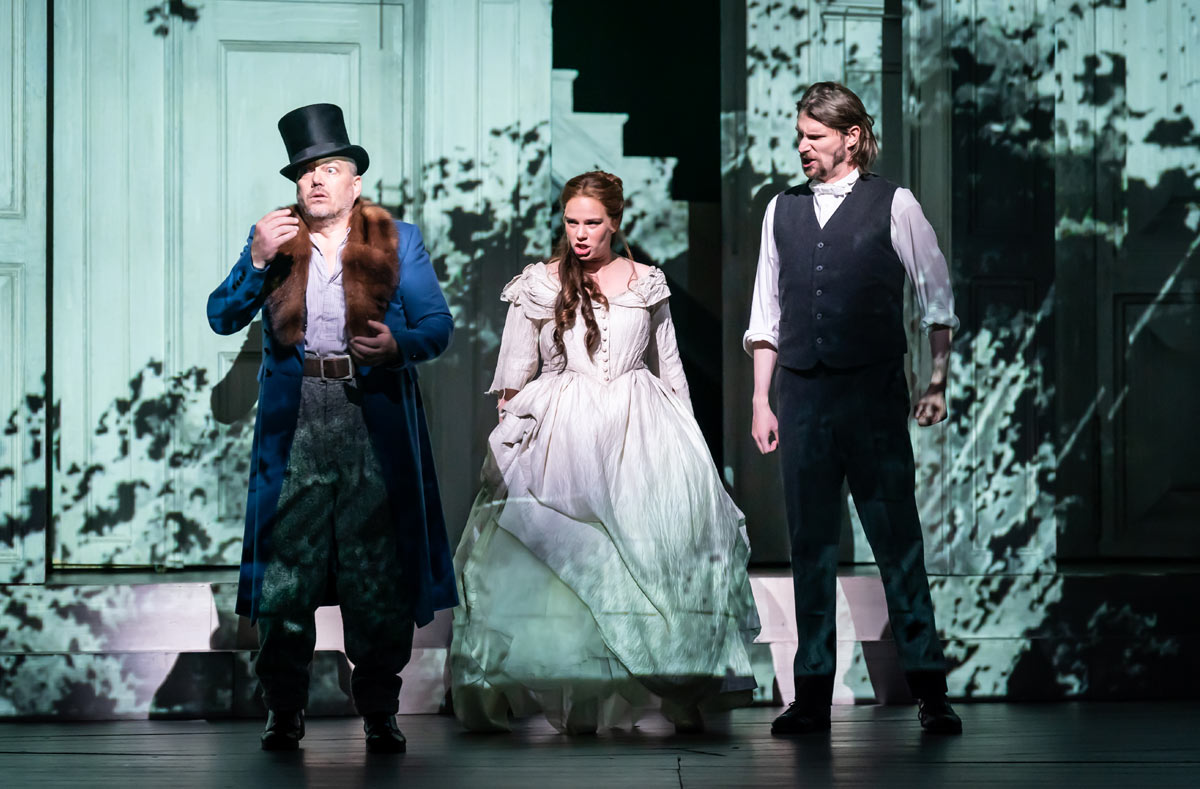Priyanka, an independent Sri Lankan investigator (Sharan Phull) is sent by the UN to interview a nun, Sun-Hee (Sarah Lam) the one survivor of the sex camps who in old age seems determined to expose the truth of what happened to her and the thousand like her. Meanwhile the US Embassy reveal their interest in anything which may disrupt the sensitive South-East Asian geo-political landscape through the periodic arrival of Jock Taylor (Ross Armstrong) at her offices, ostensibly to remind her that accusations of war atrocities and crimes against humanity could embarrass Japan and impact America’s burgeoning attempts to unify an economic challenge to China in the region.
There is a story of historical significance here and one which will be familiar to women down the ages, but the question is, just how much honesty can the diplomatic world accept when truth threatens to become an inconvenient influence for disruption? Through the play’s many scenes the troupe of 6 actors lead us inevitably to the conclusion that finding a platform to speak-out against injustice is not only hard but generally discouraged. The results of long drawn-out inquiries awash with dossiers of first hand accounts (even when they are commissioned by the UN) can often become diluted by compromised communiqués to ensure countries can save face rather than admit to past atrocities. Here, the issue is personalised by demonstrating the considerable knock-on effects which impact future generations through the often prickly exchanges between a father and daughter (Kwong Loke and Minhee Yeo) whose background story and connection to the main account takes a while to reveal itself, but provides a linchpin moment late in the second half.
In all, a worthy if slightly drawn-out account of one of humanity’s darker secrets.

 During the Japanese occupation of Korea during the Second World War, women and girls were encouraged to do their patriotic duty by joining the Female Volunteer Corps. In Kyo Choi’s play directed by Ria Parry, we learn through a series of testimonies, that the organisation’s idiomatic name was little more than a bureaucratic smokescreen to facilitate a supply of sex slaves for the occupying troops. The thousands of victims, often duped into believing they would be serving as nurses, were referred to as comfort women.
During the Japanese occupation of Korea during the Second World War, women and girls were encouraged to do their patriotic duty by joining the Female Volunteer Corps. In Kyo Choi’s play directed by Ria Parry, we learn through a series of testimonies, that the organisation’s idiomatic name was little more than a bureaucratic smokescreen to facilitate a supply of sex slaves for the occupying troops. The thousands of victims, often duped into believing they would be serving as nurses, were referred to as comfort women.

